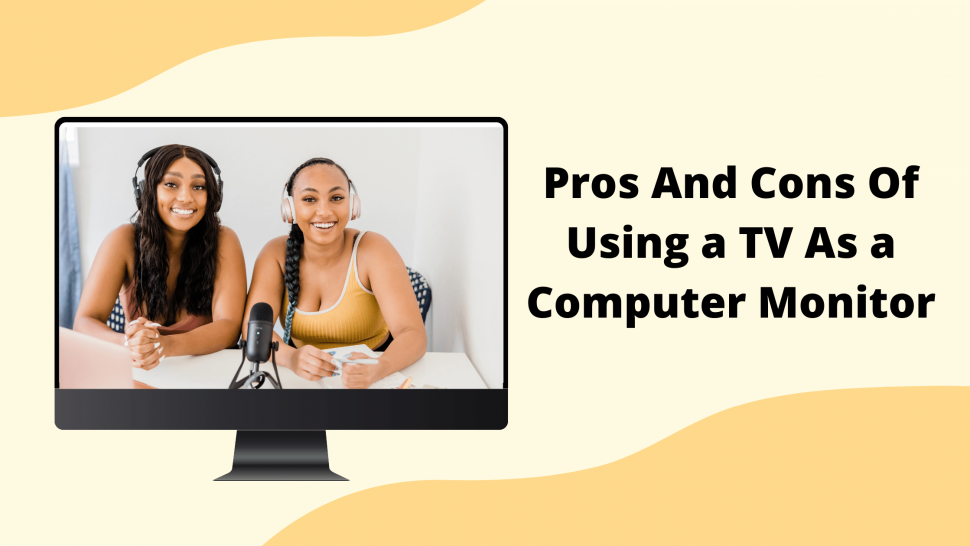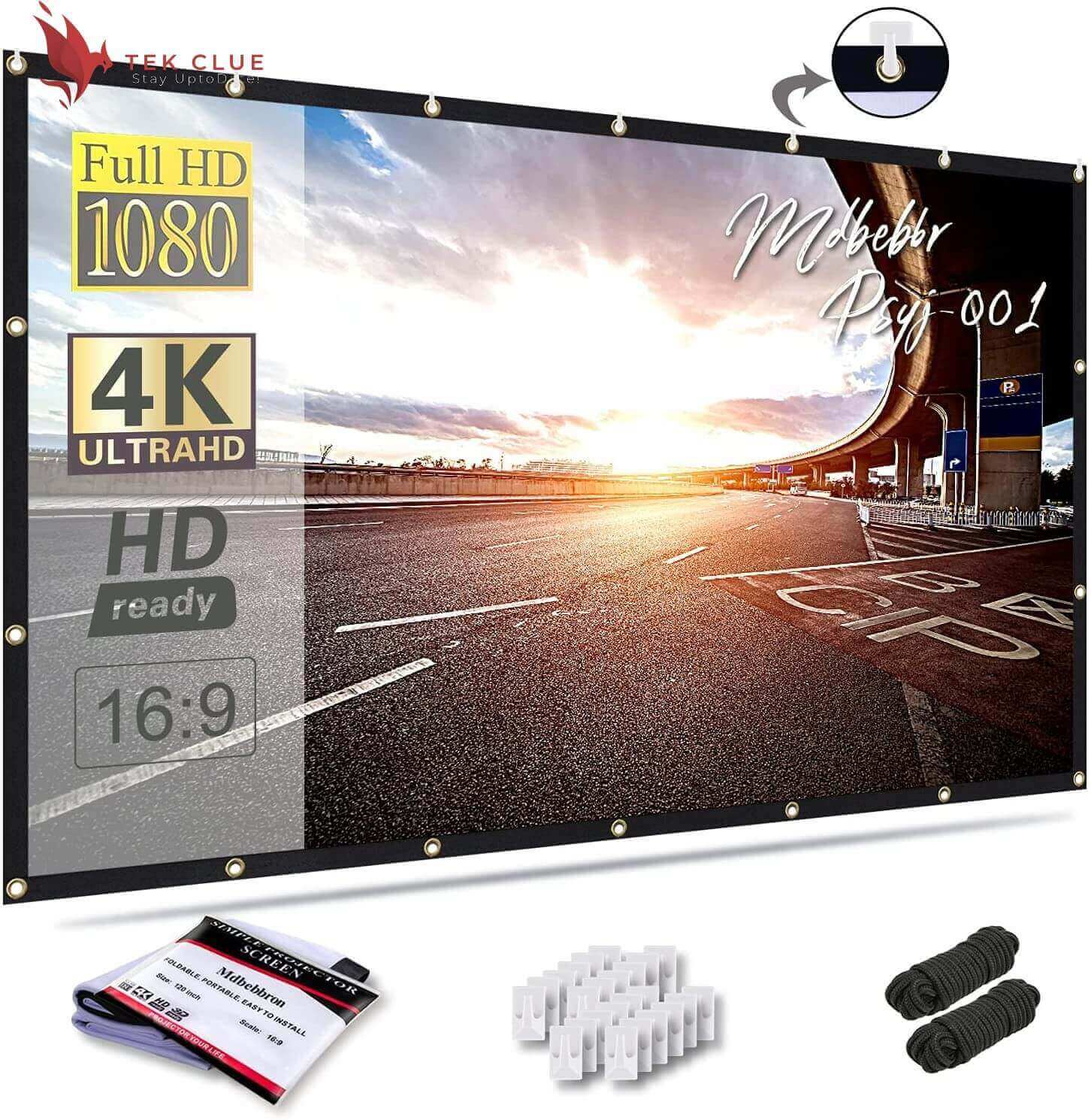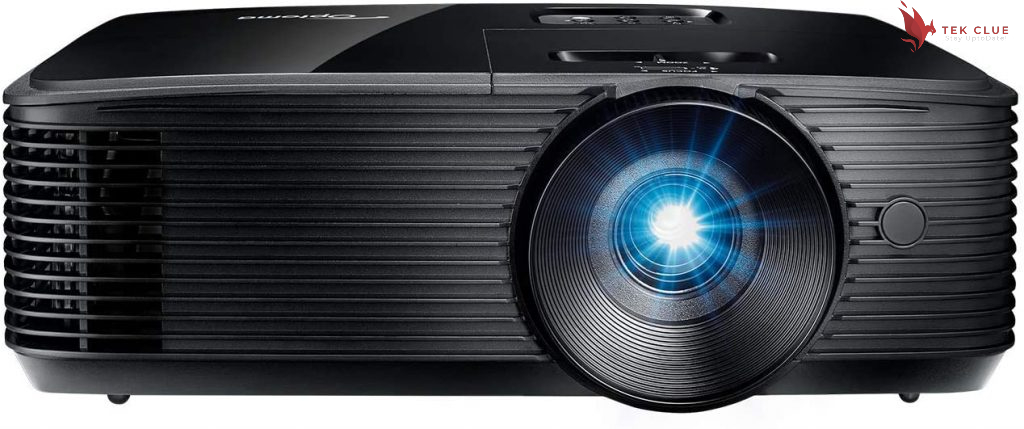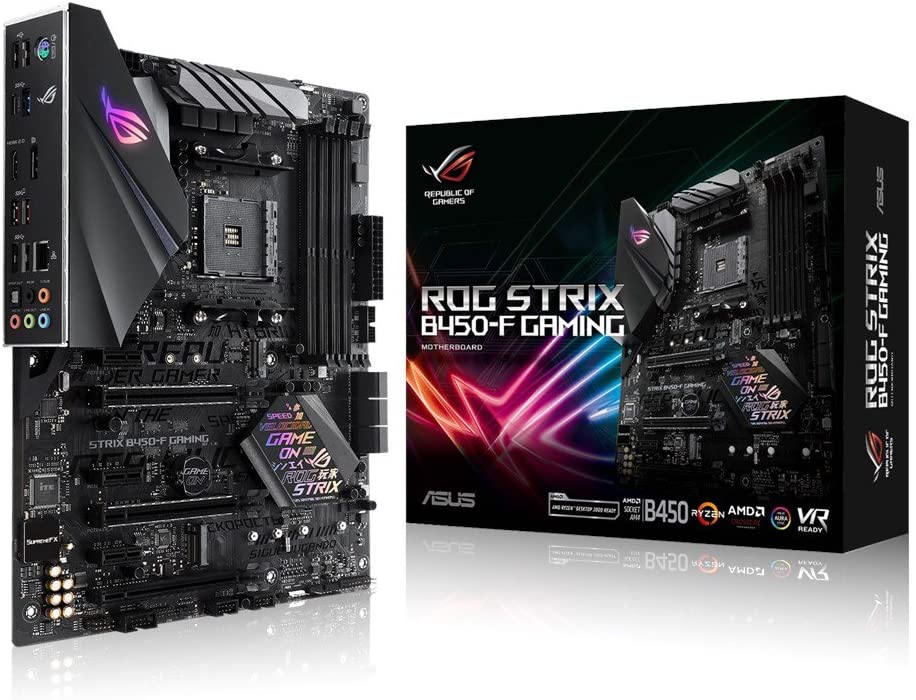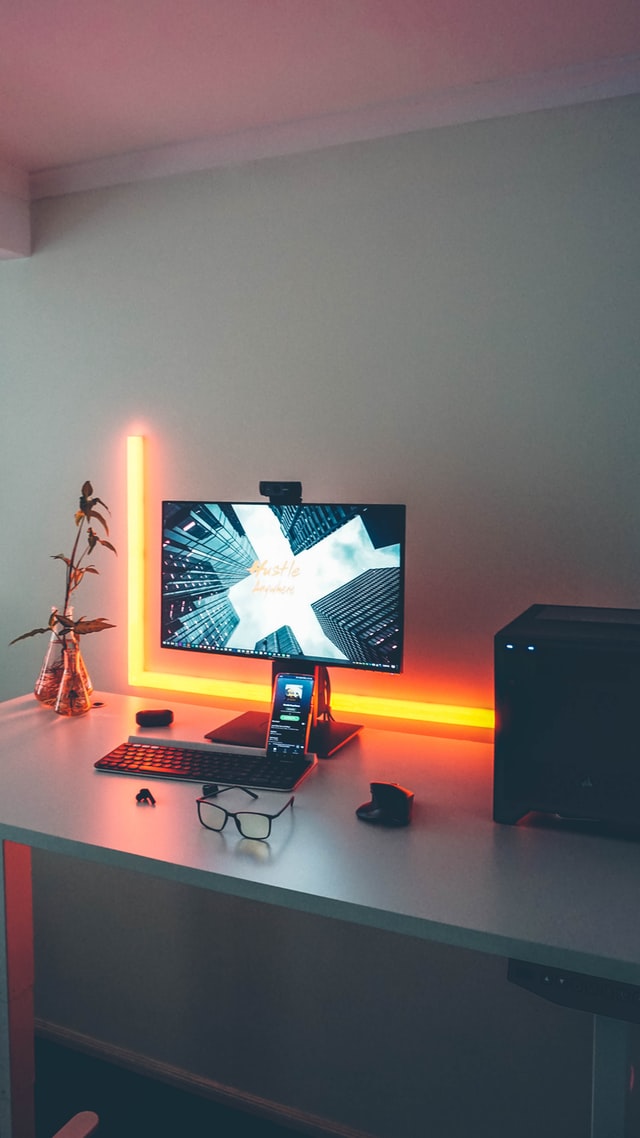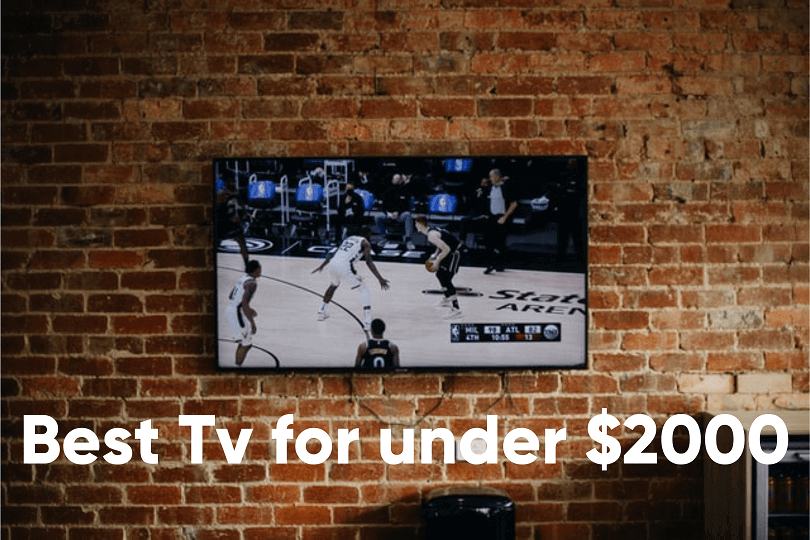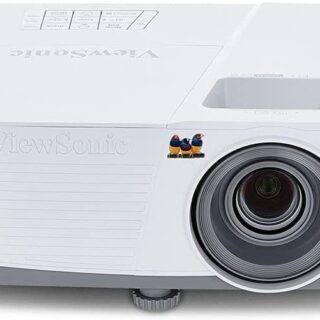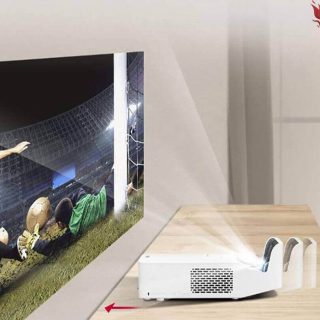Televisions (TVs) as computers or computing monitors have become more prominent in the last few years. For example, TVs are used as computer monitors in classrooms and homes in Japan (Takamiya et al. 2020), as computing monitors in hospitals in the U.S. and Canada (Tran et al. 2020, Kanninen & Henttonen 2020), and as computers for remote patient monitoring in the U.K. In this post we will discuss Pros And Cons Of Using a TV As a Computer Monitor
Using television as a computer monitor is a popular and common use of technology. Since the advent of the computer, the television has been one of the most popular ways of watching TV and playing video.
You may also like How to Identify OR Tell: Is my monitor 4k
It’s not uncommon in modern homes and businesses to have a television connected to a personal computer or laptop. The benefits of having television as a computer monitor are obvious and often beneficial, but there are a few potential drawbacks to using a television instead of a computer monitor.
The price is perhaps the most obvious benefit of using your TV as a computer monitor. TVs are often cheaper than computer monitors and are considerably less expensive than many other types of computer monitors. It means that you can use a TV as a computer monitor without spending a lot of money.
You’ve got a great TV for watching movies and sports, so why not use it as a computer monitor? TVs have become much better at displaying text and images than they used to be, and they’re great for watching videos. You can even buy a TV with a built-in computer monitor, which is a great way to save space and money.
How to Use TV as a Computer Monitor?
- Check compatibility – your TV must be compatible with the computer (also referred to as the graphics processing unit) for it to work. In general, HDTVs are more compatible with current computers than older televisions. Make sure you get the best picture quality from the TV and don’t cause a headache.
- If your TV has an HDMI port, you can connect it to your computer via HDMI. Most modern TVs have at least one HDMI port, and some have as many as four. If your TV doesn’t have an HDMI port, you’ll need to purchase an HDMI cable. Most computers have an HDMI port.
- If your computer has an HDMI port, you can use the HDMI-to-mini-HDMI cable to connect your TV to your computer. Most modern TVs have at least one HDMI port, and some have as many as four.
- If your TV doesn’t have HDMI, use a USB cable to connect your TV to your computer because USB ports are common. If it does not have a USB, you may purchase a USB TV converter.
- Your TV doesn’t have an HDMI port, you may be able to purchase an HDMI to USB adapter, which will enable your TV to connect to your computer if it does not have an HDMI connection. HDMI to USB adapters are inexpensive and easy to use. Most modern TVs have at least one HDMI port, and some have as many as four. If your TV doesn’t have an HDMI port, you’ll need to purchase an HDMI cable.
TVs have come a long way in their development as a video entertainment platform. They are now used for a host of other uses, including computer monitors. While this might seem like a convenient option, it is important to consider the pros and cons of using a TV as a computer monitor.
You may also like Can My Computer or PC Run 4K
Here we will describe the benefits and drawbacks of using a television as a Computer Monitor:
PROS:
- The screen is larger, so many more people can view it at a time.
- If you have a wireless keyboard, you can leave the computer somewhere else and use the TV as the main monitor.
- If your computer can extend screens, then it can also be used to extend the size of your computer monitor.
- Laptop users can use the TV to sustain a charge.
Cons:
- There might be a slight latency to your inputs.
- There aren’t any USB ports to a TV, so if your computer transfers all inputs to the TV, you may not be able to use those ports.
- The television is bulky, and you may not want a monitor that big.
- There are wires and cords that some computers require to hook up the computer to the TV.

